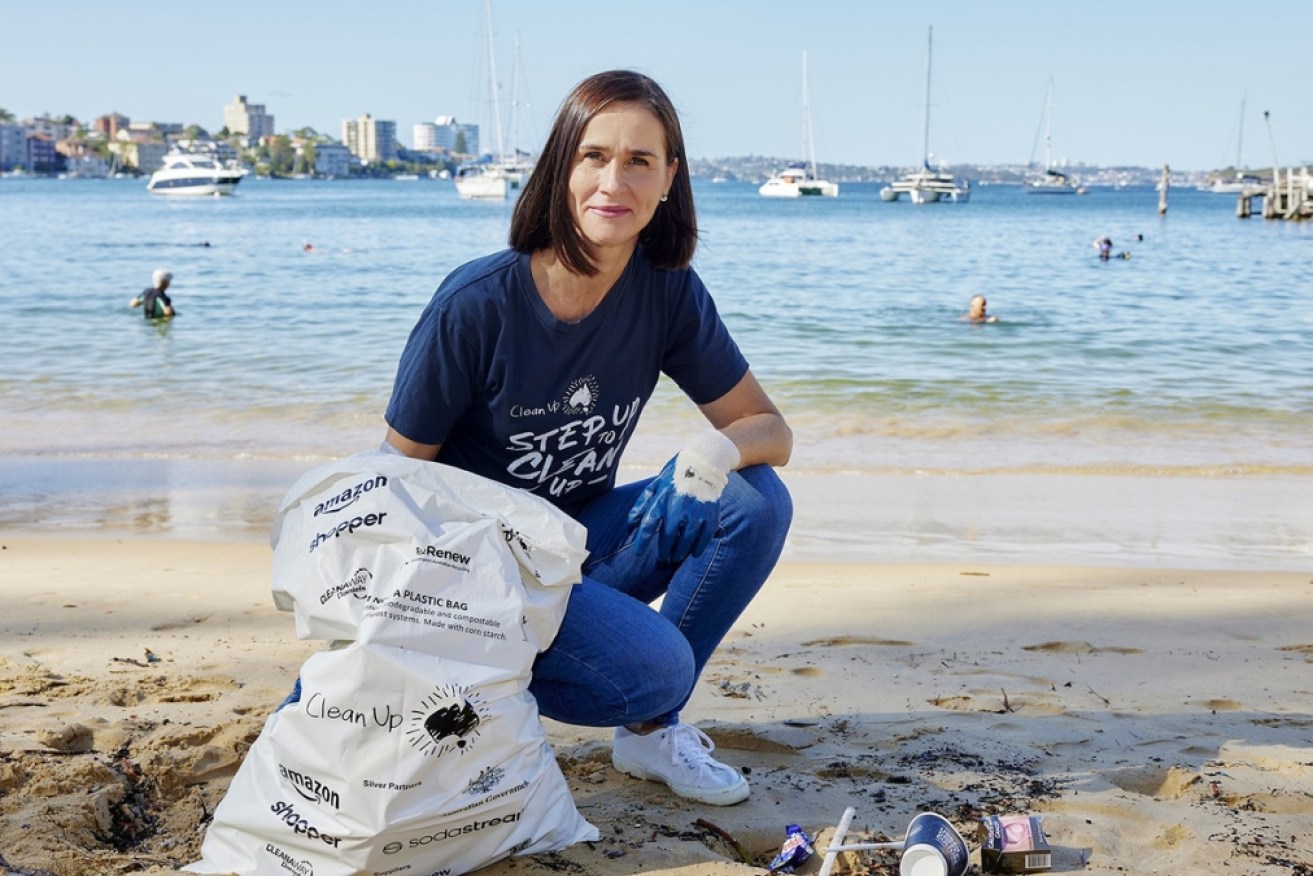Plastic waste is rising, and the government needs to take charge


Clean Up Australia found the country is littered with waste. Photo: Clean Up Australia
Plastics dominated the waste littered across Australia last year, and the lack of cohesive nationwide government policy could be to blame.
What’s new
Clean Up Australia’s 2023 Litter Report found plastics were the most reported material type at surveyed Clean Up sites, representing 81.1 per cent of all counted litter over the financial year.
The most common type of plastic litter was soft plastics, which accounted for more than 34 per cent of all the counted litter – an increase of 9.2 per cent from the previous period.
Why it matters
Waste easily pollutes and builds up in waterways and on land, risking the health of animals, plants and humans alike.
Plastic is one of the biggest waste concerns, with the amount of plastic waste growing exponentially.
A report released this month by The Australia Institute found since 2000, the total amount of plastic consumed in Australia more than doubled.
Plastic represents up to 80 per cent of marine litter, often in the form of microplastics.
Nina Gbor, program director at the Australia Institute circular economy and waste program, said up to one million people die every year from diseases related to mismanaged waste.
“This is kind of killing us,” she said.
“It destroys the ecosystems, the habitats where other creatures live, and … a lot of toxic chemicals leached off these materials is pollution that goes into our own waterways, our own lakes and rivers and eventually can end up in our bodies one way or another.”
The cause
The increasing amount of plastic waste Australians are producing could partly be put down to the collapse of REDcycle, a company that many consumers had previously relied on to recycle their soft plastics.
But Gbor said the country shouldn’t have been relying on one private company to resolve its plastic issues in the first place.
With a “ridiculous” amount of plastic being used to package products, she said more focus should on reducing plastics consumption and finding alternatives.
There is no nationally-enforced approach to waste; states and territories decide for themselves what waste-reduction policies to install.
It has taken years for seven out of eight Australian jurisdictions to issue bans on single-use plastics and while states such as South Australia have been running 10 cent refund container recycling schemes for years, Victoria only came on board in 2023.
The issue doesn’t just apply to plastic, cardboard and paper waste; vapes were collected from 22.4 per cent of sites that Clean Up Australia surveyed.
While vapes are considered a triple-threat as they contain plastic, hazardous and electronic waste, there is no consistent disposal approach across the country.
What needs to be done
Australia needs federal leadership to tackle waste so Australians know what is recyclable, while producers and businesses are pressured to use alternatives, Gbor said.
There are already plant-based, compostable plastic alternatives on the market, but Gbor said many are made with toxic chemicals and may also include plastic elements.
She said Australia should follow the EU’s footsteps; member states are charged 0.80 euro ($1.32) per kilogram of non-recycled plastic packaging waste.
If the government charged businesses $1300 per tonne of plastic packaging, it could generate $1.5 billion in revenue which could be invested in finding non-toxic, reusable alternatives.
The government also needs to intensify home recycling requirements: Australians typically separate general rubbish, paper, cardboard and organic materials. But countries such as Sweden have more intensive waste-sorting systems.
“If you go to Scandinavian countries, they have a bin for every single type of product imaginable,” Gbor said.
“This would require the government to be involved on a federal level … it will take time to get there, for everyone to adopt it, but it will become the norm.”








